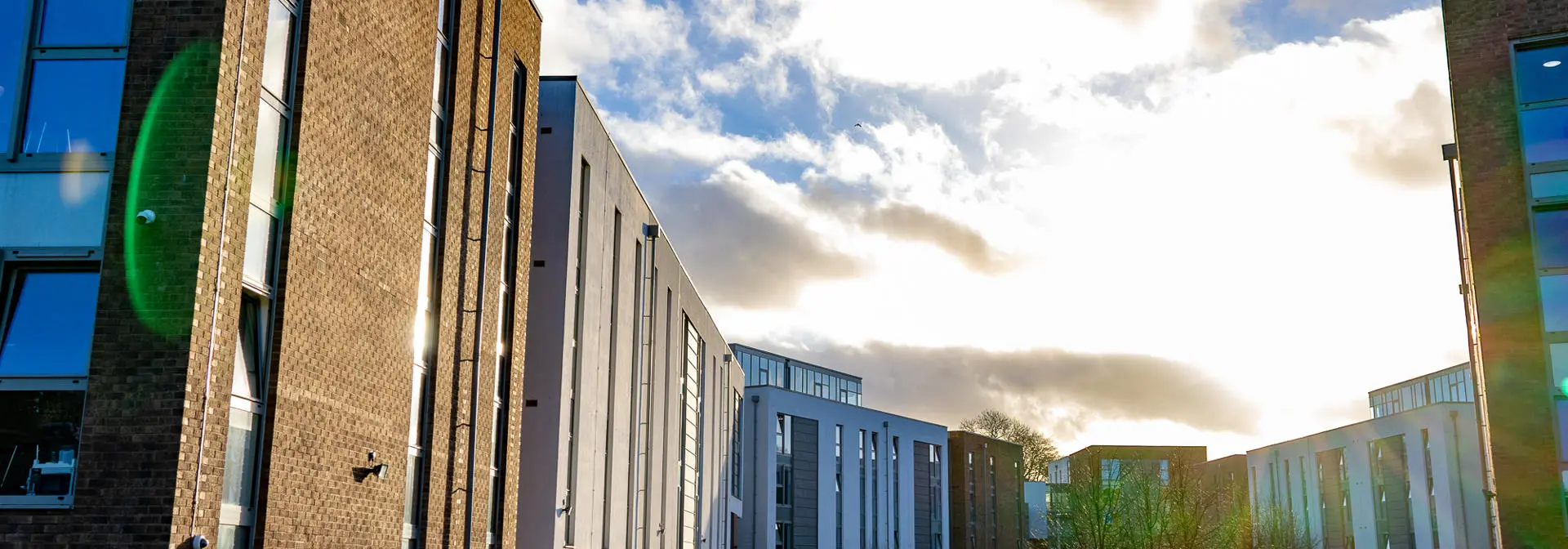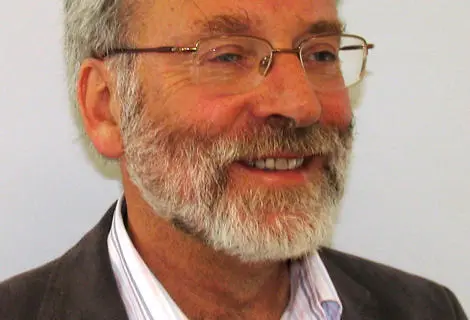Key information
- Funding
- Self-funded
- School
- Energy, Geoscience, Infrastructure and Society
- Location
- Edinburgh
- Delivery type
- Full-time, Part-time
- Start date
- September
A major theme for the Institute is the relationship between problems of poverty, deprivation and policies for social inclusion and the local urban setting, particularly the neighbourhood but also the wider housing and labour market. We are particularly engaged with the place dimensions of poverty and disadvantage and with developing the notion of social sustainability in urban development and regeneration.
This theme within I-SPHERE takes forward the work of CRSIS, the Centre for Research into Socially Inclusive Services, which worked from 2000 onwards to promote the concept and practice of social inclusion in the provision and consumption of local public and private services. It aimed to raise awareness and intelligence about issues of service inclusion in deprived communities in the face of rapid economic and technological change, and in the context of policies to promote social justice and urban regeneration.
The work of CRSIS has focused on particular service areas including financial services/inclusion and retail services, as well as the more general range of local government provided services. Over time there was a particular focus on children/young people and education, and there has been significant recent work on local environmental services and local public/green space, linked to wider research courses on sustainable urban form, and the burgeoning of potentially significant work on health and wellbeing. Some work looks at poverty more generally, including the distribution of income and wealth, and this is often linked to housing issues, for example affordability, debt or fuel poverty.
Project supervisor
Staff contributing to this research area include:
Entry requirements
Candidate criteria
We welcome applications from suitably qualified candidates. Please visit our How to apply page.
Funding information
| Status | Full Time | Part Time |
|---|---|---|
| Scotland | £5,151 | £2,575.5 |
| England / Wales / N Ireland | £5,151 | £2,575.5 |
| International | £20,456 | £10,228 |
- Status: Your residency status is usually defined as the country where you have been ordinarily resident for the three years before the start of your course.
- International: 'International' includes applicants from European Union countries who do not hold Pre-Settled or Settled status in UK. (This does not include students from the Republic of Ireland - see above).
We offer a number of competitive funded scholarships for research degrees. Full or partial support may be available for well-qualified candidates from UK research councils, research pools, charities or industry.
View our full range of scholarships.
Why Heriot-Watt
We're the top university in Scotland for graduate outcomes which means that more of our graduates are employed or in postgraduate education than any other institution in the country and we ranked 5th in the UK.
We're also rated number one in the UK for CEO or MD roles, meaning more of our graduates go on to become CEOs or MDs than any other university in the whole of the UK. On top of that, we have beautiful campuses, across the globe, so you'll get a truly international education. Our Edinburgh Campus is home to Oriam, Scotland's National Sports Performance Centre combined with plenty of wellbeing resources, prioritising fitness and mental health for all students. Our Global Research Institutes look at solving real world issues such as climate change and saving our oceans as well as working on the next medical technological breakthrough and the future of AI and robots.
Related content
Explore facilities, & chat to staff and students




